
A few weeks ago, the Hispanic Health Coalition of Georgia (HHCGA) took part in a training hosted by the American Cancer Society (ACS) aimed at raising awareness about breast, colon, and prostate cancer screenings through education.
Dr. Sharon Allison-Ottey led the HHCGA team through an engaging and informative training session. Team members actively participated in a webinar that sparked meaningful discussion, beginning with a foundational understanding of cancer and progressing to more complex topics, including breast, colorectal, and prostate cancer. A central focus throughout the session was how best to communicate this critical information to the communities we serve.

As a result, the HHCGA team is now well-equipped to address questions from community members and provide up-to-date, accurate information about breast, colon, and prostate cancer. This includes knowledge about risk factors, warning signs, screening recommendations, and available treatment options.
During the breast cancer segment, we explored various recommendations that may be offered to individuals at risk. For example, mammograms are standard, while breast MRIs may be considered for women at very high risk. However, it’s important to note that MRIs are not universally recommended. They are evaluated on a case-by-case basis.
We also learned that colorectal cancer is the third leading cause of cancer-related deaths in the United States. However, the conversation took a deeper turn when the focus shifted to prostate cancer.
Prostate cancer is the second most common cancer in the United States, with Hispanic men ranking as the third most affected group nationally. Within the Hispanic/Latino(a) community, conversations about prostate cancer are often avoided due to stigma and discomfort. However, we learned that the most effective way to break this stigma is simple, talk about it. Open dialogue is essential. By encouraging men to discuss prostate health and overall wellness with one another, we can begin to normalize these conversations and promote early detection and care.
One of the key takeaways from the training was understanding the factors that can place certain groups at higher risk for various types of cancer. These factors include dietary habits, the tendency for diagnoses to occur at more advanced stages, and underrepresentation in clinical trials.
This led to an important reflection for the Hispanic/Latino(a) community: Are we being represented in clinical research? The answer is yes, but not nearly to the extent we should be. Representation is still very low, and much of that can be attributed to hesitancy, mistrust, and lack of information. Instead of accepting this as a norm, we must ask why this hesitancy exists and explore ways to overcome it in order to improve our participation in clinical trials.
In a previous training held during Día de la Mujer, one participant made a thought-provoking comment: when she arrived in the U.S., her husband joined a clinical trial, but she was fearful and skeptical. This reaction is not uncommon, and it highlights a broader sentiment of fear and mistrust within our community. Addressing those concerns with empathy and education is essential to building confidence and ensuring our communities are not left behind in medical advancements.
The overall message from the training is clear: Prevention is key.
With the knowledge gained, our team is now better equipped to guide community members toward informed, proactive decisions about their health—grounded in education, empathy, and cultural understanding.
Rafael Bernal HHCGA Social Media Director – ACS Certified Ambassador

What is ACS certification and why does it matter?
It’s an American Cancer Society training that validates HHCGA staff proficiency in sharing accurate, up-to-date cancer-screening information with the community.
Which cancers does the training focus on?
Breast, colorectal, and prostate cancer—three of the most common and preventable cancers when detected early.
At what age should I schedule my first colonoscopy?
Current guidelines recommend beginning regular screening at age 45 for average-risk adults.
How often should women get a mammogram?
Most women benefit from annual or biennial mammograms starting between ages 40–45, depending on personal risk factors.
Why is prostate cancer often diagnosed late among Hispanic men?
Stigma and discomfort around discussing prostate health can delay testing; open dialogue and routine screening help catch issues earlier.
Does insurance cover these cancer screenings?
Many plans cover recommended screenings; check with your provider or contact HHCGA for guidance on low-cost options.
How does better clinical-trial representation help our community?
Participation ensures treatments are tested across varied populations, leading to safer, more effective care for Hispanic patients.
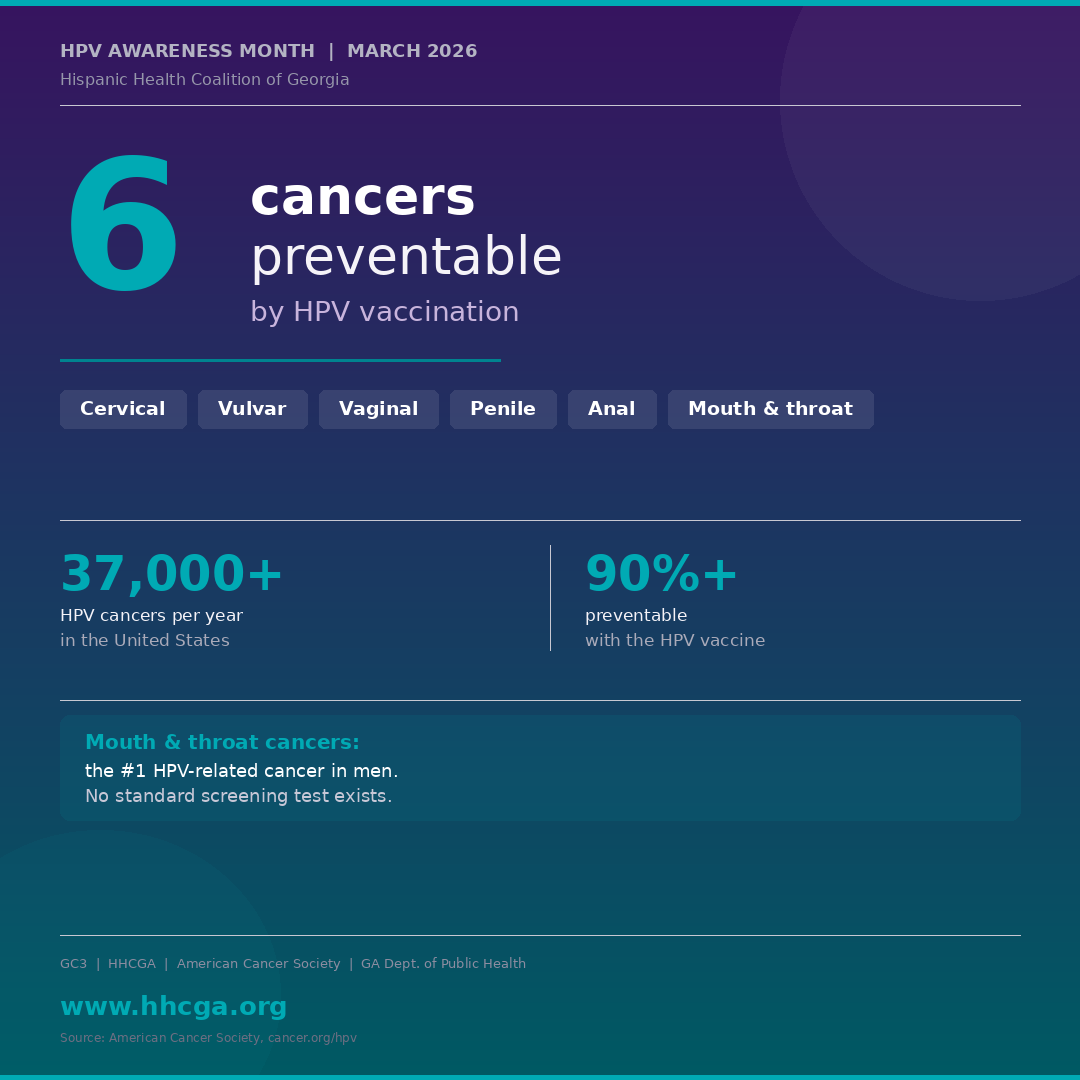
HPV vaccination can prevent six types of cancer — and most families in Georgia have not yet heard the full story.

Cervical cancer is one of the most preventable cancers—here is what we learned at this year’s awareness event and why it matters for Georgia’s Latino families.

A new 40-page health guide from HHCGA puts symptom recognition, prevention strategies, and doctor-ready questions in the hands of Georgia's Hispanic families.
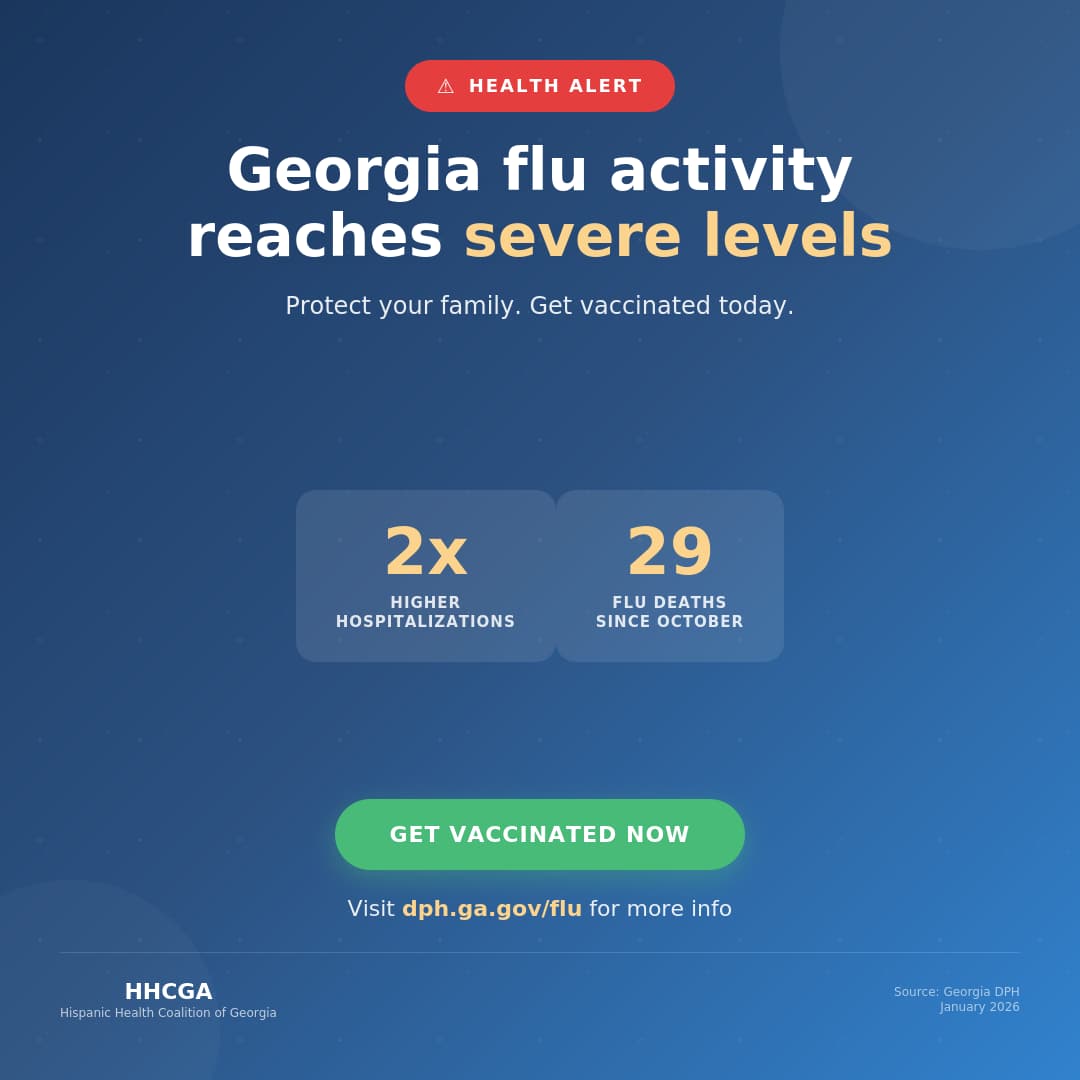
Flu activity across Georgia has reached severe levels, and health officials urge families to get vaccinated now.
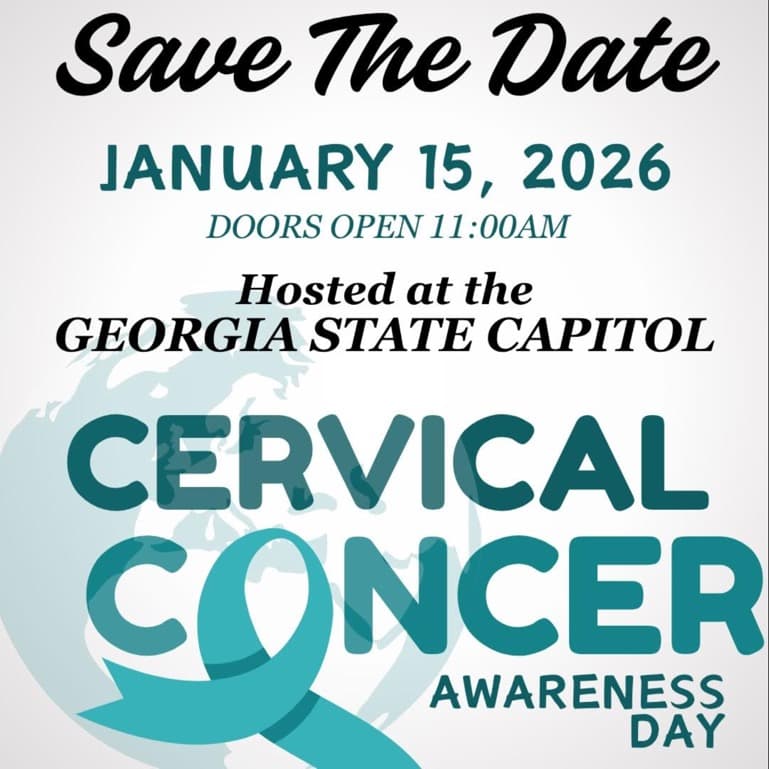
Healthcare professionals and community advocates gather at the Georgia State Capitol to advance cervical cancer prevention through education, advocacy, and collaboration.
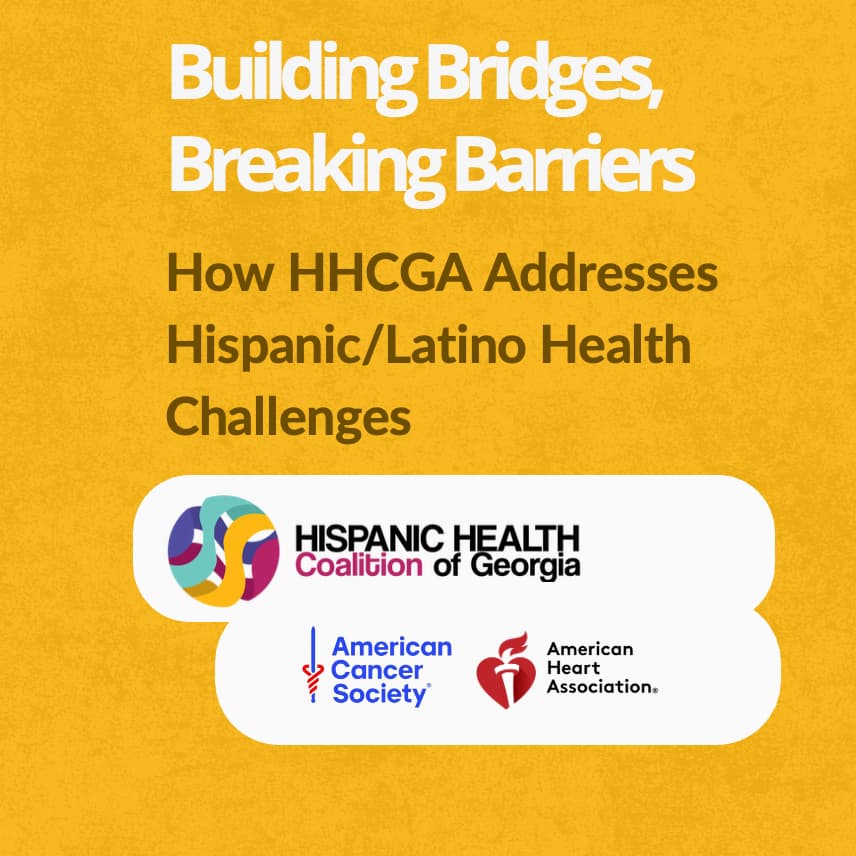
Discover how HHCGA and its partners are using trusted messengers, data, and community-based programs to improve cancer and chronic disease outcomes for Hispanic families across Georgia.

HHCGA is partnering with Emory University’s Hope Clinic to address a critical gap in Long COVID research. The REVERSE LC study examines whether baricitinib can help with “brain fog.”
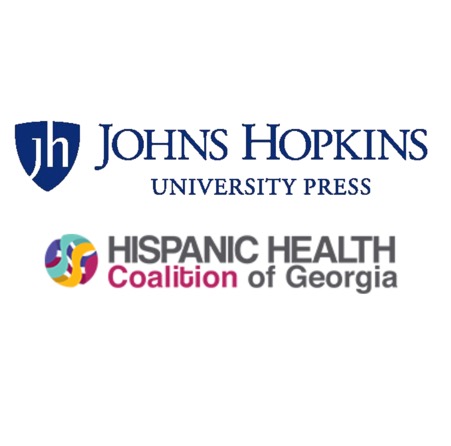
Georgia CEAL’s research on hyperlocal and community-engaged COVID-19 response, co-authored by HHCGA’s Shirley “Bella” Borghi, is now published in PCHP.
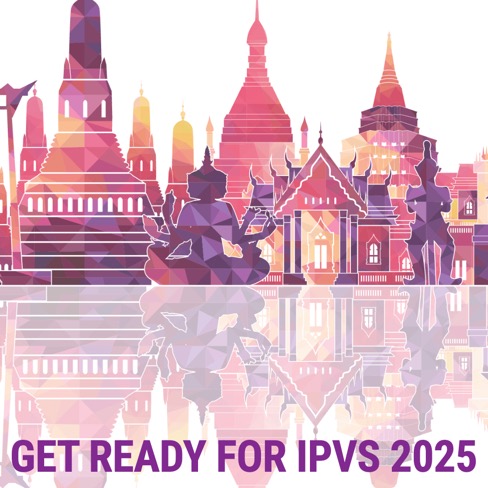
HHCGA’s Executive Director Shirley “Bella” Borghi co-authors HPV research accepted for the 2025 International Papillomavirus Conference in Bangkok.

Discover how HHCGA and Best Start for Baby & Mom are empowering Georgia families with resources for healthier beginnings.
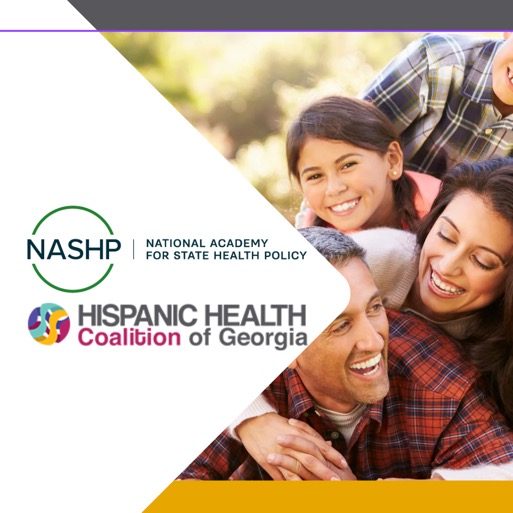
Discover how the VISER Network connects data systems to strengthen vaccine programs and reach more families.
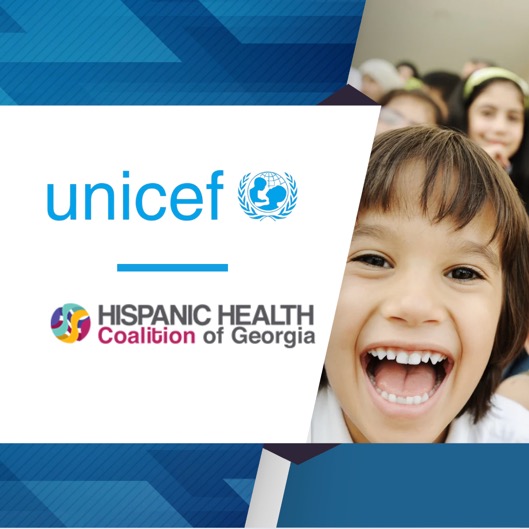
UNICEF and HHCGA are teaming up to strengthen diabetes screening, education, and access to care for Hispanic families across Georgia.

Make your voice heard at Grady’s Community Conversation in DeKalb on Sept. 24.

Registration closes Sept. 19 for the 3rd Long COVID International Conference — join experts shaping the future of Long COVID care and research.

Join us Sept. 26 in Macon for a free car seat safety check to keep your child safe on the road.

Ossie Williams elevated survivor voices and addressed health disparities at the 2025 Georgia Prostate Cancer Roundtable.
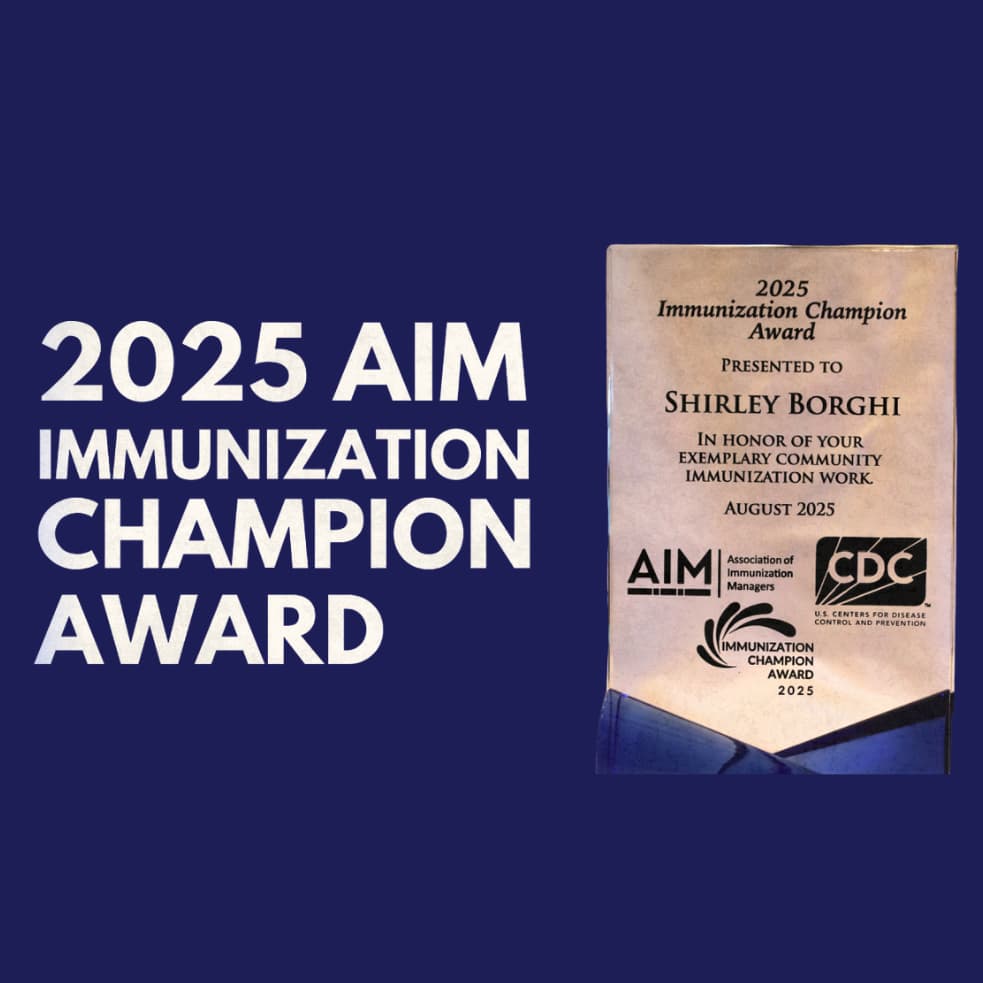
HHCGA’s Shirley E. “Bella” Borghi is recognized as Georgia’s 2025 AIM Immunization Champion for her leadership in vaccine access and outreach.
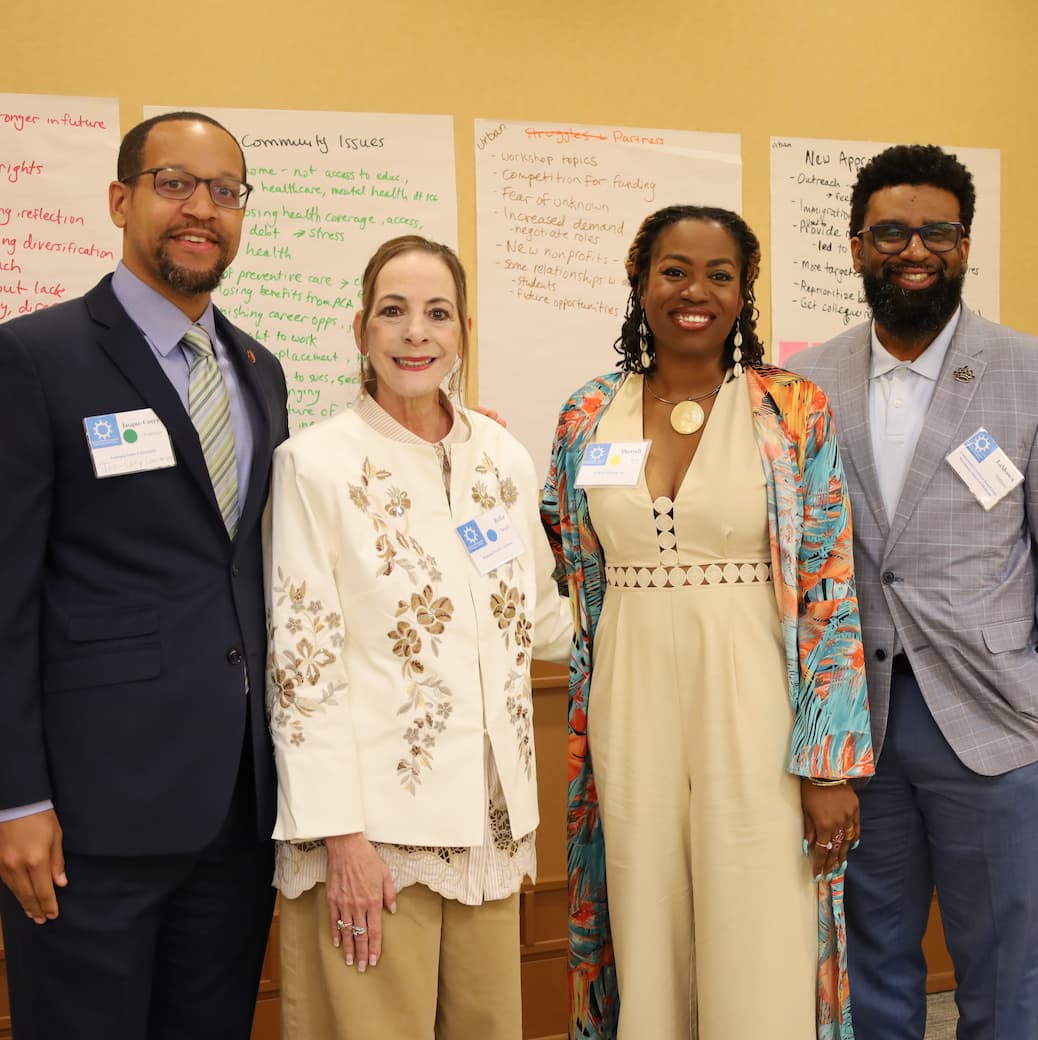
Reflections from the Georgia Thrives Together Community of Practice on centering community voice, resilience, and sustainable health initiatives.
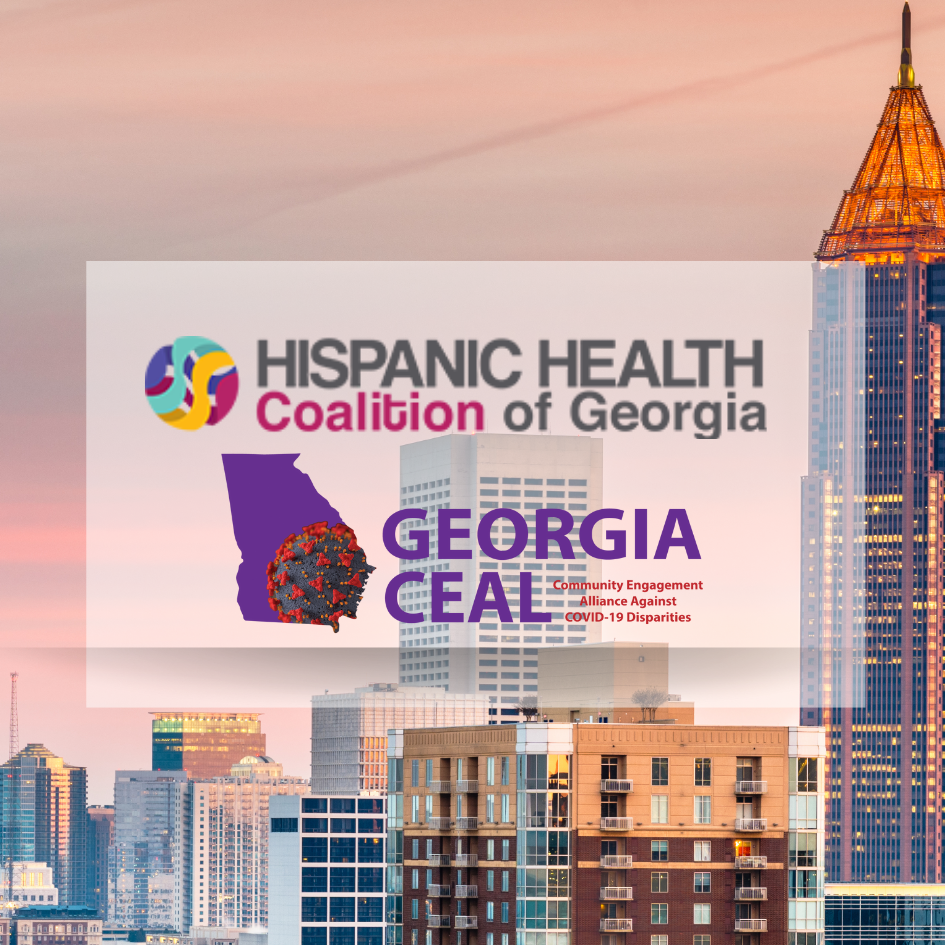
Discover how Georgia CEAL’s community-led approach helped more than 65,000 residents get vaccinated during the COVID-19 pandemic.
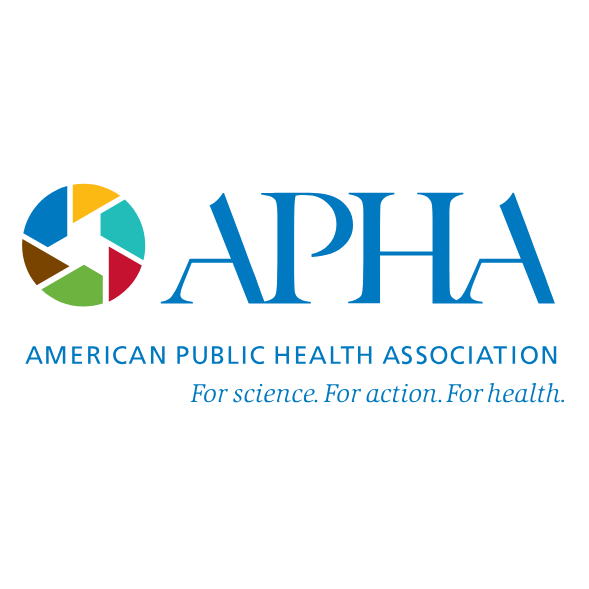
HHCGA research highlights how policy, prevention, and mental health support can reduce type 2 diabetes in Georgia’s most vulnerable communities.
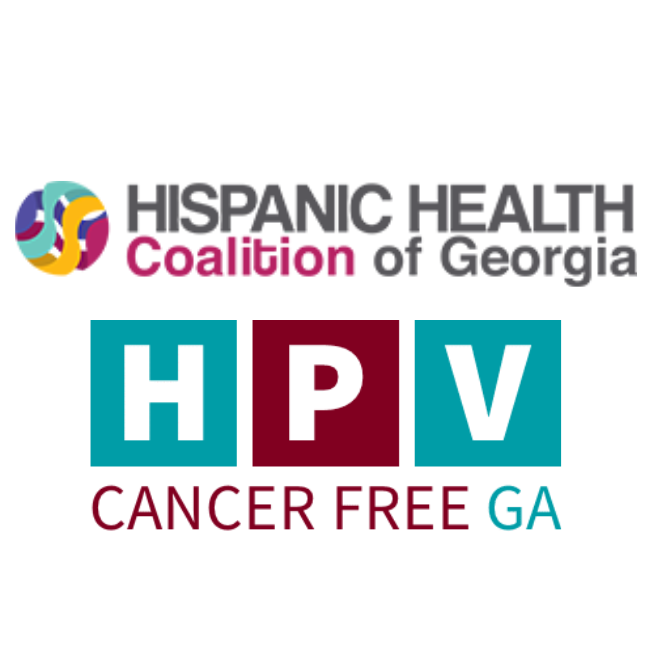
Clinicians and advocates unite to boost HPV vaccination rates in Georgia and prevent HPV-related cancers.
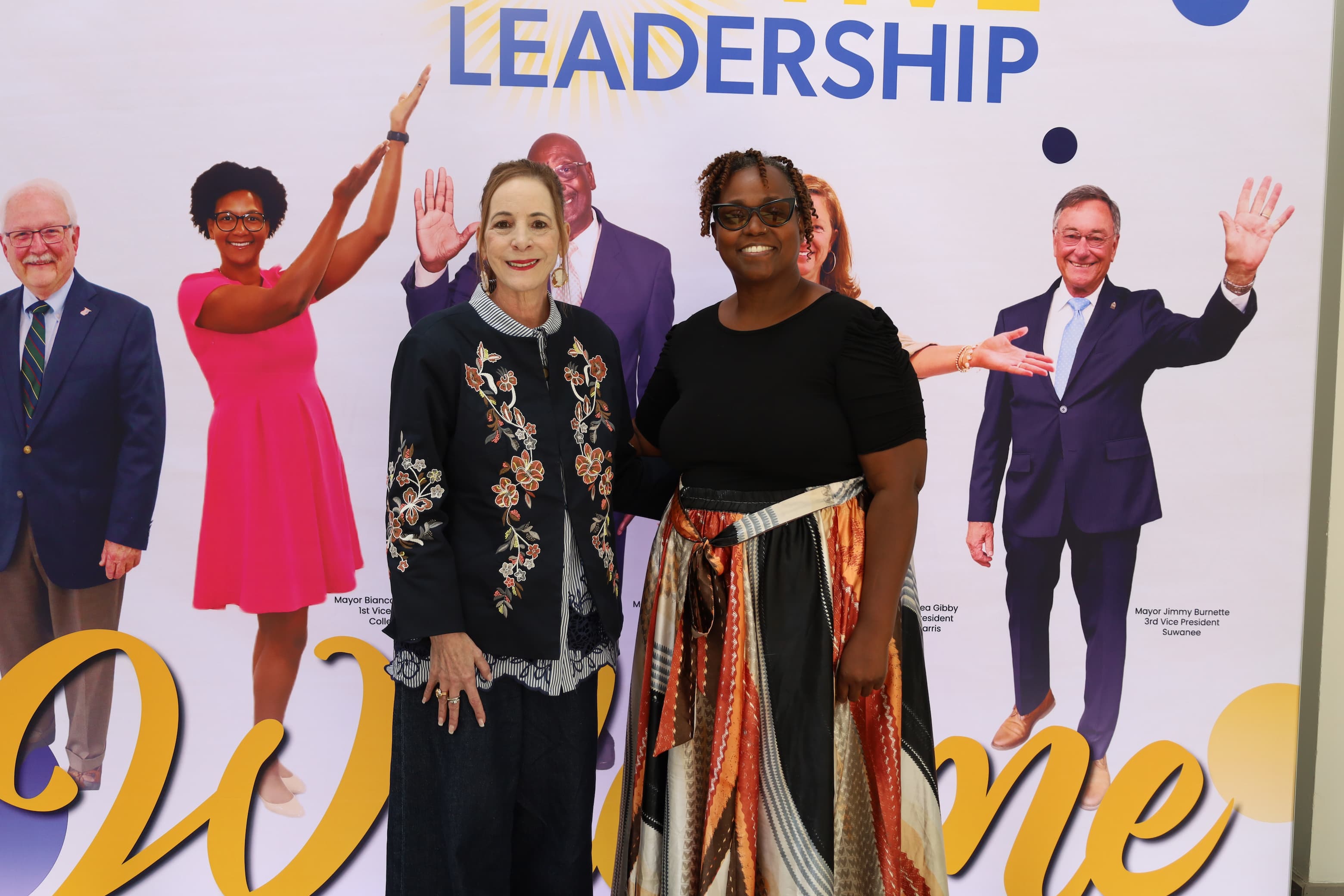
How local leaders and HHCGA are shaping Georgia’s public health future—starting with trust, mental health, and community health workers.
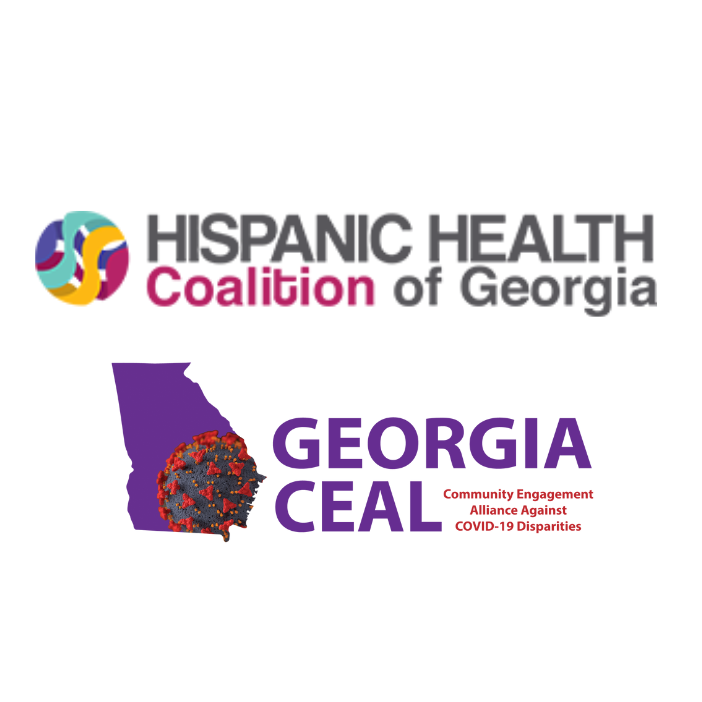
Discover how mental health is shaping diabetes outcomes—and what Georgia CEAL is doing to respond.
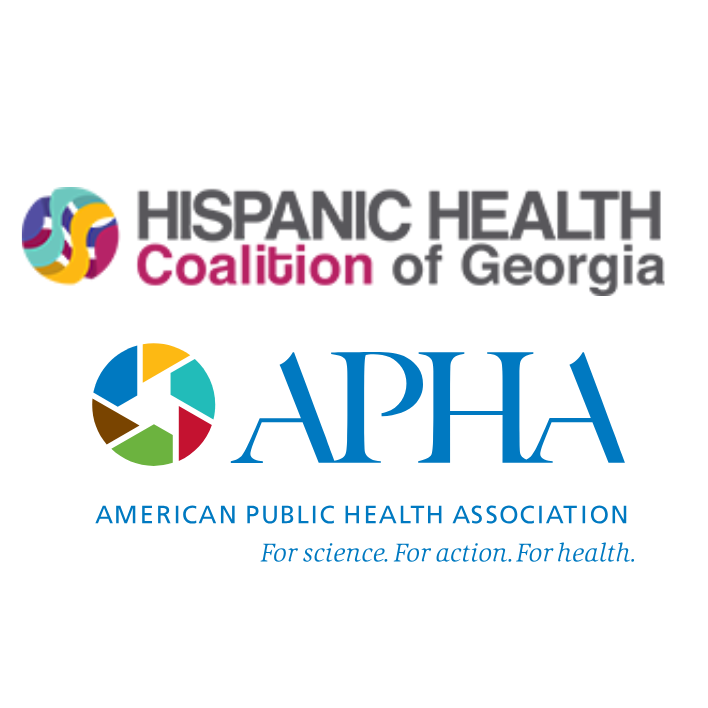
Explore how Georgia CEAL RESTORES is using community-driven research to fight diabetes and transform public health policy from the ground up.
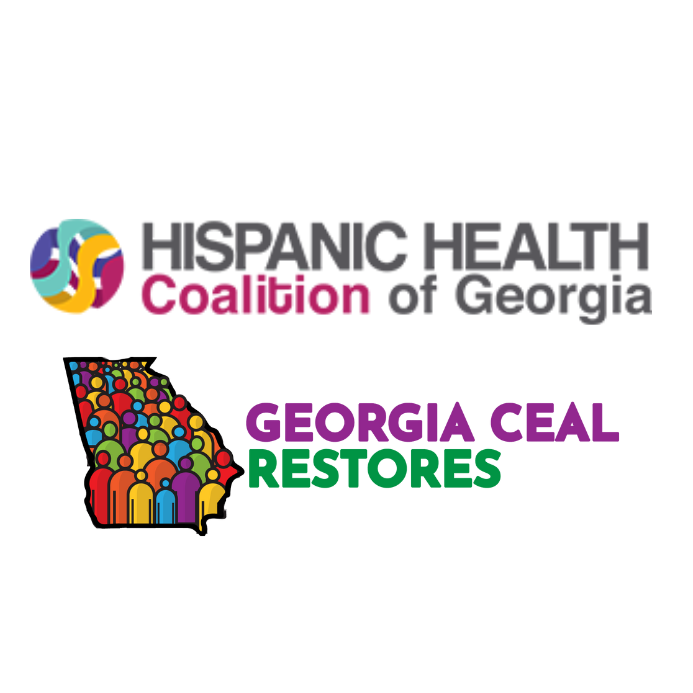
Discover how Georgia CEAL RESTORES is empowering community leaders to drive policy and prevention strategies for better public health.
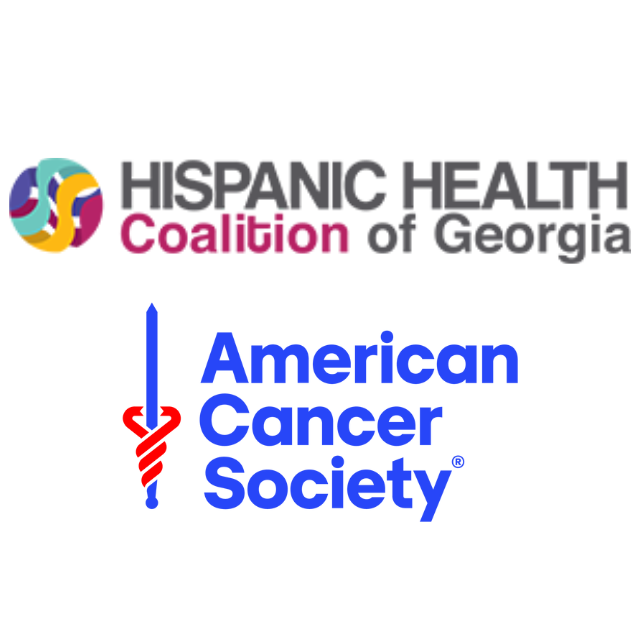
Learn how HHCGA's recent ACS training is empowering communities through proactive cancer prevention.

Discover how a simple talk about PSA screening could help young men detect aggressive prostate cancer before it’s too late.

Learnhow this multi-level intervention aims to stop diabetes before it starts inGeorgia communities.

Learn how local officials can turn proven research into real-world health gains forGeorgia communities.

Discoverhow Georgia CEAL research uncovers the hidden mental toll of living with type 2diabetes.

Discover how the CEAL Annual Meeting sparked fresh ideas and partnerships to advance community-focused health studies.

Four data-driven steps every Georgia family can take to keep kids safe this summer.

See how HHCGA’s newly ACS-certified team is bringing lifesaving cancer-screening knowledge to our communities.

Discover free health services, resources, and fun for the entire family at our Annual Hispanic Health Fair!

Learn how a groundbreaking initiative unites community-based organizations and top academic centers to reshape cancer prevention and control strategies.
.jpg)
Heart disease remains the leading cause of death in the U.S., but with the right knowledge and preventive care, you can protect yourself and your loved ones. Learn more about heart health with our expert-backed resources.

Georgia’s 8th Annual Cervical Cancer Awareness Day is making strides toward eliminating cervical cancer through education, advocacy, and groundbreaking developments.

Join Georgia’s 8th Annual Cervical Cancer Awareness Day - earn CE credits, gain expert insights, and advance your impact in cervical cancer prevention.

Georgia’s 8th Annual Cervical Cancer Awareness Day unites healthcare professionals, policymakers, and communities to promote education, advocacy, and collaboration in the fight against cervical cancer.

Exciting opportunity to impact Latino health and wellness as a Community Outreach Coordinator.

La Ronda Estatal de Cáncer de Próstata en Georgia aborda los esfuerzos para combatir el cáncer en las comunidades hispanas/latinas.

The first statewide Georgia Prostate Cancer Roundtable highlights efforts to address prostate cancer across Georgia.
.jpg)
HHCGA’s abstract on eliminating cervical cancer in Georgia to be presented at the 36th International Papillomavirus Conference in Edinburgh.

Descubre cómo la HHCGA y los consulados latinoamericanos en Atlanta están colaborando para brindar servicios de salud esenciales a las comunidades hispanas en los Estados Unidos.

HHCGA collaborates with Mora’s Life Saving Training to equip Promotores with essential CPR and AED certification for enhanced community safety.

HHCGA honored as the first Hispanic/Latino organization in Georgia to receive the Health Advancement Ambassador certification from the American Cancer Association.

Emory University and HHCGA collaborate on an impactful study addressing diabetes prevalence in Georgia's Hispanic/Latino population.

Discover how academic and community partnerships like the one between Moorehouse School of Medicine and CEAL are shaping the future of public health and community engagement.

Amidst the rain, the spirit of commitment shone through as over 300 health workers gathered in Atlanta, determined to drive change and uplift communities through dedicated CHW/Promotores work.

Explore the highlights and pivotal moments from Georgia’s 7th Annual Cervical Cancer Awareness Day — a day dedicated to celebrating progress, recognizing heroes, and strengthening the fight against HPV-related cancers.

Discover how Direct Relief’s Health Access Fund is revolutionizing healthcare across the U.S., featuring groundbreaking collaborations and innovative strategies from leading health organizations.

Join us in celebrating the remarkable work of Rollins graduate students, whose dedication and engagement with HHCGA are driving meaningful health initiatives within our community.

Daniela Ramírez reflexiona sobre la mezcla de culturas y experiencias variadas en la Reunión Anual de la APHA 2023, destacando el alcance comunitario y la resiliencia de HHCGA ante una pandemia global.

Daniela Ramirez reflects on the blend of various cultures and experiences at the APHA 2023 Annual Meeting highlighting HHCGA's community outreach and resilience in the face of a global pandemic.

HHCGA se destaca en la vanguardia del compromisocomunitario en salud, marcando un hito reconocido a nivel nacional por suefectividad en mejorar el acceso a la salud.

Unveiling the success story of HHCGA: A beacon of hope in community health engagement, recognized nationally for their impactful work in advancing community health.

Dive into the 2023 APHA Annual Meeting where over 12,000 health professionals gathered to push the boundaries of public health, driven by the leadership of the Georgia CEAL team and HHCGA's commitment to improving healthcare access.

If your family doesn’t have medical coverage or is on the brink of losing it, now is the time to act. Don't wait! Apply right away at GeorgiaPCA.org and ensure your child's health and well-being.

La PCA de Georgia ha tomado las riendas para asegurarse de que las familias con niños y adolescentes elegibles estén informadas sobre el salvavidas que es el seguro de salud.
.png)
HHCGA’s Clarkston Health Awareness Day champions multilingual healthcare access. Discover a new era of welcoming healthcare, community unity, and empowerment.
.png)
Uncover a unique blend of lively cultural festivities and essential health resources tailored for our community. From tantalizing traditional cuisines and captivating performances to invaluable health screenings and advice, there's something for everyone.

Learn how UGA Pharmacy Students and HHCGA are joining forces to make a real difference in the health of underserved Hispanic communities.

Uncover the transformative work of Georgia CEAL and its partners in combating COVID-19 disparities, as recognized in PCAST's report, and discover how community-engaged practices are shaping the future of community health improvement.

Dive into the highlights of the CMS Quality Conference 2023, where healthcare experts unite to champion community resilience and improved access to care.

Uncover how Georgia CEAL and HHCGA are addressing long-standing gaps in healthcare and enhancing vaccination rates through community-driven initiatives at CMS Quality Conference 2023.

Discover how the Georgia Cancer Control Consortium's HPV Cancer Free Workgroup is making strides in the fight against HPV-related diseases at the IPVC 2023 Conference.
%20Plaza%20las%20Americas%2004.16_2.jpg)
Discover how the NFL Alumni GA and HHCGA are teaming up for an empowering health fair event – Learn how you can join the fun and improve your health at the same time!

St. Jude's Rural HPV Vaccination Think Tank Committee 2023 aims to boost vaccination rates and prevent cancer, with expert Shirley E. Borghi and the St. Jude Cancer Prevention Program.

Explore the wealth of mental health resources, services, and support tailored to the unique needs of Hispanic Latino special needs families. Learn how you can get involved and make a difference in our community.

Get the latest information on the partnership between the HHCGA and Emory University and their efforts to improve health outcomes for the Hispanic/Latino community in northeast Georgia.

Get the latest information on the HHCGA & Emory University partnership and their efforts to improve health outcomes for the Hispanic/Latino community.

Celebrate World Cancer Awareness Day with us. Learn about the importance of cancer awareness and how you can make a difference.

Grassroots Labs is an online marketplace providing price transparency and cost savings on routine lab tests with physician oversight provided; they are also fully bilingual in English & Spanish.

The program provides leaders from various medical backgrounds with unique opportunities to partner with MSM in providing relevant experience and exposure to real-world medicine challenges.

The HHCGA Ambassador program is more than just a vaccine initiative, it is an investment in the health and well-being of the Hispanic community.

Gynecological Cancers program is dispelling myths, providing essential information, and empowering women to take control of their health.

Don't let confusion and misinformation stand in the way of your health. Call the TCN hotline today at 678-679-6799 and get expert support and private, one-on-one conversations.

Take advantage of this opportunity to get vaccinated and enter into a drawing to win a $75 Walmart Gift Card by participating in a brief post-vaccination survey. Car seat safety checks will also be available.

Congratulations to Bella and all the award recipients for their outstanding work and commitment to improving health access and outcomes in Georgia.
